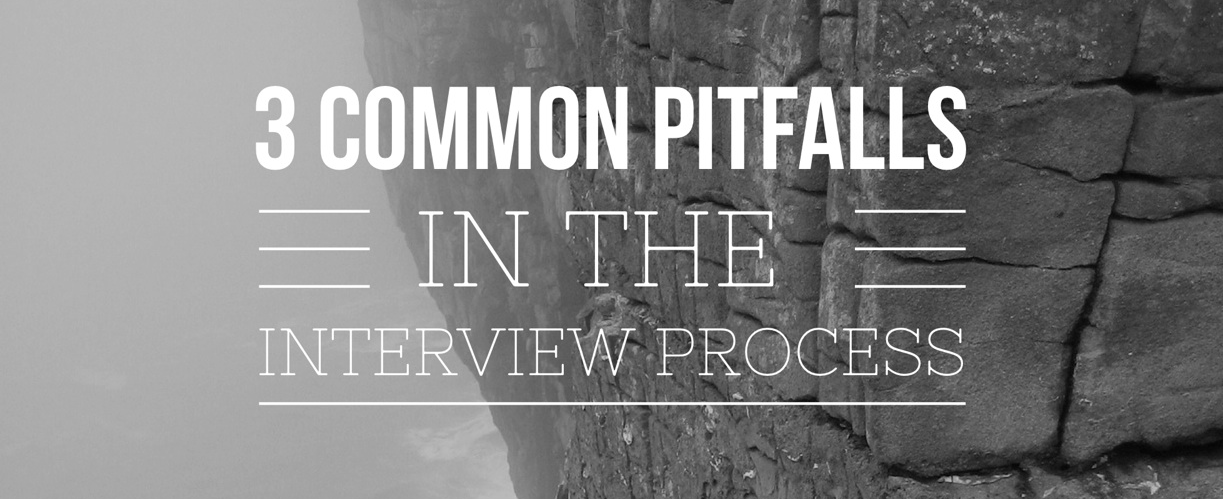It’s where you gauge a candidate’s experience, skills, and personal traits to make sure you hire the person who will be the best fit for the job. You don’t just want someone who is able to do the job, you want someone who will work well with the existing team, and who will make valuable contributions for years to come.
But, sometimes, you work so hard to find the best hire that you end up sabotaging yourself (and your direct hire agencies!).
Here are a few of the most common pitfalls, and what you can do to avoid them.
- Your interview takes too long: It’s common for employers to collect resumes for several weeks before scheduling interviews, then to complete all phone screens before deciding who to invite for in-person interviews, and so on. While this may make recruitment easier for the employer, it may cause candidates to drop out of the recruitment process.
Top talent will have other choices about where to work, and may find another opportunity before you even come close to sending out an offer. To avoid this situation, try to keep your interview tight. If you can, review all resumes as soon as you receive them and move forward with qualified candidates as quickly as possible. Communicate your process and timeline with your direct hire agency, so they can communicate it with your candidates and uncover timelines for any other opportunities they’re pursuing.
- Your interview involves too many steps: In the pursuit of the perfect candidate, employers may ask the candidate to complete an assignment, have them meet with the entire department and several key employees from outside the department, ask them to gather related work samples and/or provide very specific references.
While each of these is a great way to get to know the candidate better, it may eliminate the most in-demand talent from candidacy because they simply may not have the time. In particular, candidates who are currently employed need to balance their existing job with interviews, without their current company catching wind of it.
To avoid this pitfall, think about what the most important parts of your interview process are, and eliminate the rest. Is it really necessary for the candidate to meet every single VP in your organization, or will the group trust the opinions of 1-2 others? Are work samples necessary when the candidate has completed an on-site test? Cut the excess, and then be flexible to accommodate your candidate’s schedules.
While some candidates would be able to complete your day-long onsite interview, others will need to break interviews up into smaller chunks to accommodate their existing schedules.
- Your interview process is too one-sided: Many companies focus so much on finding the right candidate, that they forget the candidate also wants to find the right employer. Just because you think a candidate would be a good fit within your organization, it doesn’t mean the candidate will feel the same way.
They have their own wish list in terms of job responsibilities, opportunities for advancement, company culture, the product they work on, and the team they work with. If you want your top choice candidates to accept your offers, it’s critical to treat the interview as a two-way street. Work with your direct hire agency to understand the candidate’s motivations, and touch on them throughout the interview, explaining why your company should be their top choice.
Give them opportunities to see why they’d like working for your company, be it inviting them to a team building event or arranging a meeting with a team member they’d really click with. Finally, make sure you and your direct hire agency continue coordinating on your candidate’s motivations and how you meet their requirements, so you can both continue to reinforce them with the candidate.
What other common pitfalls do you see in the interview process? How can you overcome them?

.png?width=801&height=222&name=BoJo%20-%20A%20R.com%20Co%20Logo%20(1).png)
